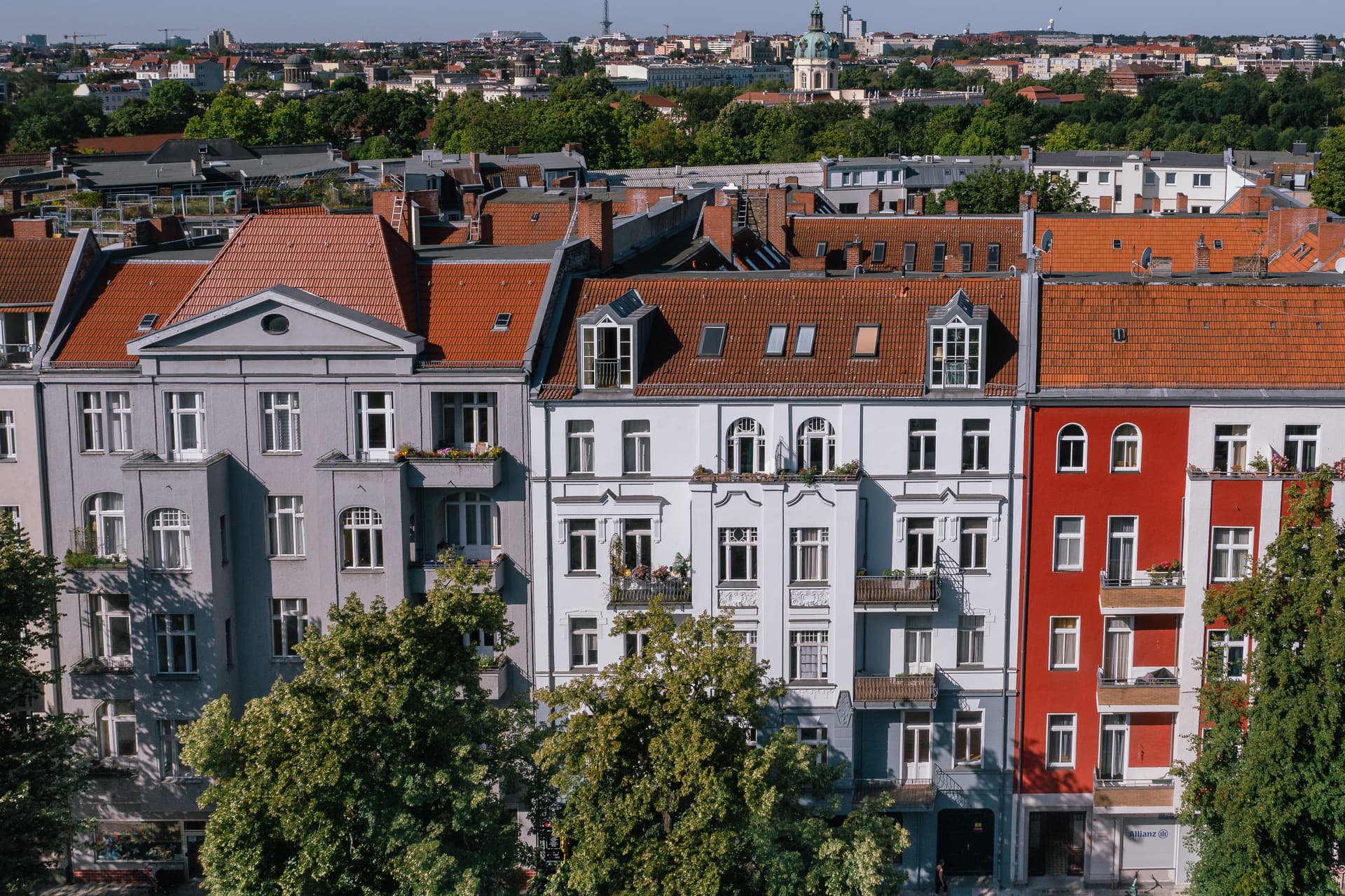Residential real estate as an investment - What is the current situation?

17.
August 2023
In view of current interest rates and reports of falling real estate prices, many investors are asking themselves whether real estate continues to be a good investment. The market, however, is as complex, but also as rewarding for entry as rarely before.
What are the consequences of the price decline?
Recently, the sharpest decline in real estate prices within the last 20 years was reported. On average, the devaluation amounted to 6.8 percent compared to the same quarter of the previous year, according to the Federal Statistical Office. So, after years of boom and steadily rising prices, a quarter of price declines has now been recorded for the second time in a row.
In some cases, owners who are willing to buy are still waiting or buyers and sellers cannot yet agree on an appropriate price. This is reflected in low transaction figures. Experts assume that it will probably take some time before a balance is found and the transaction market comes back to full life. At the same time, it can also be noted that the devaluations for residential real estate have been extremely moderate compared with other asset classes. According to experts, office and logistics properties in particular are at risk of being affected by drastic price markdowns.
Meanwhile, some media are already talking about a stabilization of the price level. In fact, the price correction is already more pronounced and has set in earlier than is often publicly perceived. In real terms, prices for residential real estate in Germany, with the exception of new buildings, have already fallen by 20 percent or more since spring/mid-2022. This is indicated by the monthly index of the financing platform Europace. A bottom seems to have been reached.
How is the interest rate environment shaping up and how are returns behaving?
Some experts expect the ECB to take further interest rate steps, but currently expect interest rates for ten-year mortgage loans to settle at between 3.5 and 4.5 percent. This means that further drastic interest rate hikes should not be expected and that interest rates will stabilize in the medium term. In what is now perceived as a "normal" interest rate environment, there is currently a great opportunity. Buyers can currently take advantage of the price dip and acquire a property at a low price in order to benefit in the long term from rapidly rising rents, especially in the cities. According to CBRE, the return on residential real estate is just over three percent. With rent growth rates in the double digits, as was recently the case in Berlin, it should only be a matter of time before the return on investment property continues to rise. Particularly buyers with a strong equity base should be able to generate a positive cash flow quite quickly.
Conclusion
Whether an investment makes sense in the current market situation depends on a variety of factors. The region of purchase, the micro-location and the infrastructural connection are becoming increasingly important.
In principle, an anti-cyclical investment in residential real estate is a sensible investment, particularly in the long term, especially if a favorable window for a loan opens up. Furthermore, a real estate investment is already advantageous now, in the environment of negative real interest rates, and offers inflation protection. In addition, rents continue to rise, while due to high construction prices and high interest rates, new construction has almost come to a complete standstill, so that there will be a shortage of supply for years to come. Anyone who then owns a residential property will benefit and will also be in an excellent position to provide for old age.